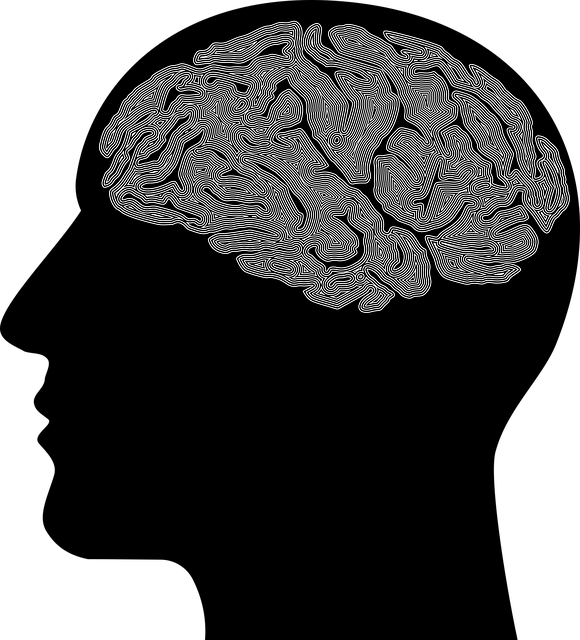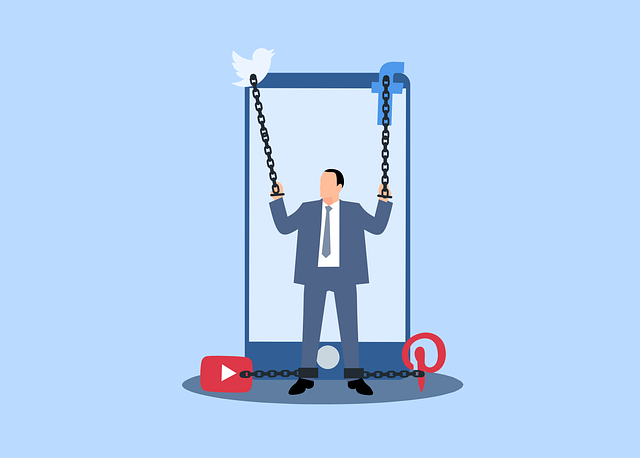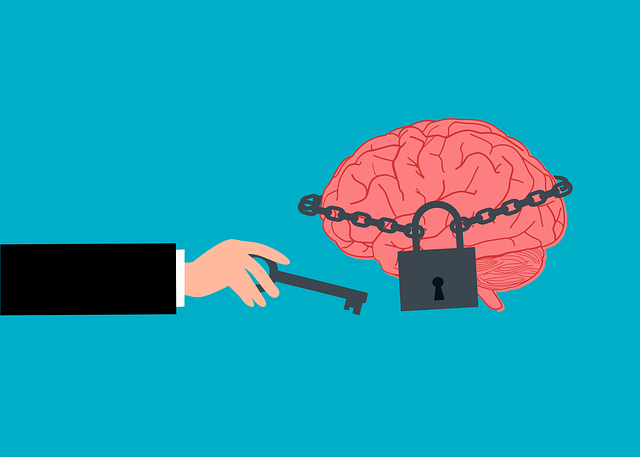Chronic pain, lasting over 12 weeks, impacts mental wellness, leading to anxiety and depression. Effective therapy combines physical and mental aspects, using mindfulness and cognitive-behavioral therapy (CBT). Mental wellness coaching offers a holistic approach, empowering individuals to manage chronic pain by addressing emotional and psychological factors. Coaching programs integrate risk management, evidence-based techniques, and self-care practices for sustainable results in therapy for chronic pain, enhancing quality of life and preventing practitioner burnout.
In today’s fast-paced world, managing chronic pain extends beyond physical treatments. The psychological impact demands tailored solutions, making mental wellness coaching programs a game-changer in healthcare. This article explores the intricate relationship between chronic pain and mental health, highlighting the efficacy of coaching as an alternative therapy. We delve into strategies for designing effective programs, offering guidance on implementing and evaluating these interventions to provide comprehensive relief. Discover how mental wellness coaching can revolutionize care for those navigating chronic pain.
- Understanding Chronic Pain and Its Impact on Mental Health
- The Role of Mental Wellness Coaching in Managing Chronic Pain
- Designing Effective Coaching Programs for Chronic Pain Relief
- Implementing and Evaluating the Success of Mental Wellness Coaching Interventions
Understanding Chronic Pain and Its Impact on Mental Health

Chronic pain is a complex condition that significantly impacts an individual’s mental wellness. Unlike acute pain, which serves as a clear signal of injury or illness, chronic pain persists over extended periods, often lasting longer than 12 weeks. This persistent discomfort can lead to various mental health challenges, such as anxiety and depression. The psychological toll of living with chronic pain is profound, as it can disrupt daily routines, limit mobility, and affect overall quality of life.
Therapy for chronic pain often involves a multifaceted approach targeting both the physical and mental aspects of the condition. Stress reduction methods, like mindfulness and cognitive-behavioural therapy (CBT), are frequently incorporated into treatment plans to help individuals manage their symptoms more effectively. In addition, Mental Illness Stigma Reduction Efforts and Public Awareness Campaigns Development play a crucial role in fostering understanding and empathy within communities affected by chronic pain. By raising awareness and challenging societal perceptions, these initiatives can create a more supportive environment for those navigating the challenges of chronic pain and mental illness.
The Role of Mental Wellness Coaching in Managing Chronic Pain

Mental wellness coaching plays a pivotal role in managing chronic pain by addressing the intricate relationship between physical and emotional well-being. Unlike traditional therapy for chronic pain, which primarily focuses on treating symptoms, coaches empower individuals to navigate their pain through holistic approaches. They facilitate emotional healing processes, helping clients understand and manage the psychological impact of chronic pain, often stemming from stress, anxiety, or depression.
Through tailored strategies, mental wellness coaching encourages the development of a self-care routine for better mental health. This includes techniques to enhance self-esteem improvement, which is crucial for building resilience against pain-related challenges. By combining cognitive reframing, mindfulness practices, and goal setting, coaches enable individuals to take proactive control over their lives, fostering a sense of empowerment and improved overall well-being.
Designing Effective Coaching Programs for Chronic Pain Relief

Designing effective coaching programs for chronic pain relief requires a multifaceted approach that combines psychological and physiological strategies. Mental wellness coaches play a crucial role in guiding individuals toward managing their pain holistically, addressing not just symptoms but also underlying causes. Therapy for chronic pain often involves teaching clients coping mechanisms to enhance their quality of life.
Anxiety relief techniques, stress management skills, and risk management planning for mental health professionals are integral components of these programs. By incorporating strategies to mitigate anxiety and stress, coaches help individuals develop resilience against pain flare-ups. Furthermore, these programs emphasize the importance of self-care practices and lifestyle modifications tailored to each client’s unique needs, ensuring sustainable chronic pain relief.
Implementing and Evaluating the Success of Mental Wellness Coaching Interventions

Implementing mental wellness coaching interventions requires a structured approach to ensure effectiveness and positive outcomes. These programs are designed to support individuals in managing their mental health, with a particular focus on chronic conditions like depression and anxiety. The process begins with thorough risk management planning for mental health professionals, ensuring a safe and supportive environment for clients. By integrating evidence-based techniques into coaching sessions, practitioners can help clients develop coping strategies tailored to their unique needs. Regular evaluation is crucial; measuring progress through qualitative and quantitative methods allows coaches to adapt their approach and track success over time. This iterative process ensures that the therapy for chronic pain remains relevant and impactful.
Moreover, considering burnout prevention strategies for healthcare providers is integral to sustaining these programs’ long-term viability. By promoting mental wellness within healthcare settings, coaches contribute to a culture of resilience and self-care, which can indirectly enhance patient outcomes. The inclusion of depression prevention measures as part of the coaching curriculum further underscores the holistic nature of these interventions. Ultimately, successful implementation involves continuous learning, adaptation, and a commitment to enhancing the well-being of both clients and practitioners.
Mental wellness coaching programs offer a promising approach to managing chronic pain, providing individuals with essential tools to navigate its impact on mental health. By combining psychological support and practical strategies, these programs can significantly enhance quality of life. As research continues to evolve, the effective integration of mental wellness coaching into healthcare systems becomes increasingly vital, offering a holistic therapy for chronic pain that addresses both physical and emotional well-being.











